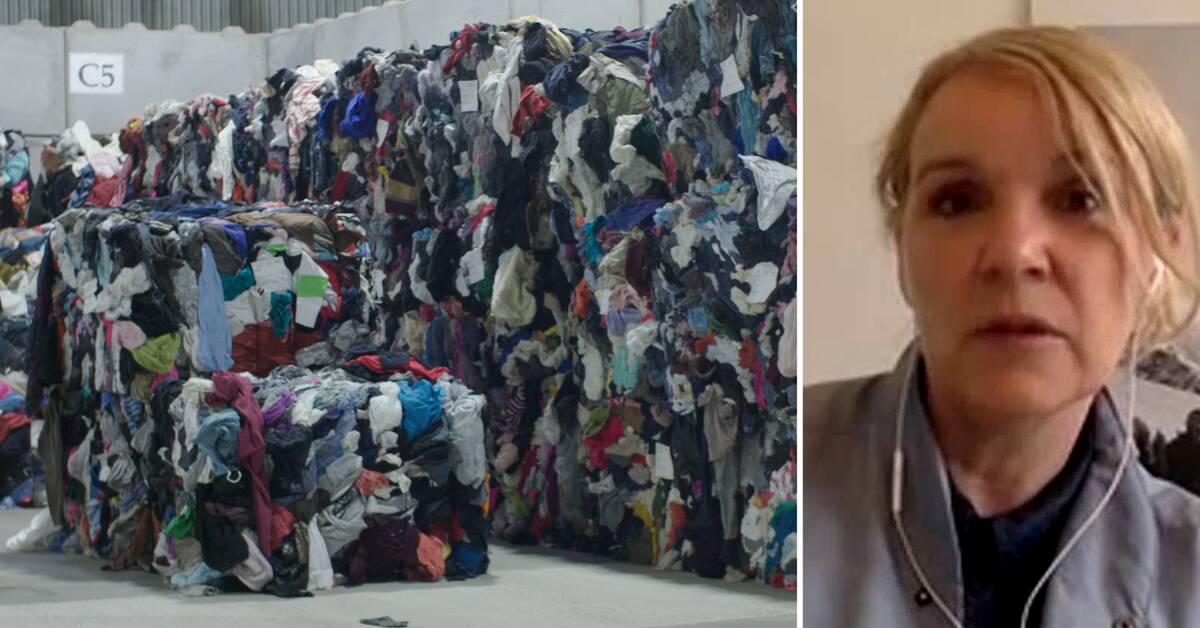In the report, the environmental organization Clean Ocean Project in Ghana said that a large part of the clothes are unusable when they arrive.
- We drown in bad clothes.
It is not the case that we want the West to stop donating.
But please, stop dumping your stained and broken clothes on us, said Jennifer Bampoe from Clean Ocean Project.
One of those who reacted to the report is Eva Karlsson, who is the CEO of the clothing company Houdini Sportswear and who has committed herself to a sustainable clothing industry.
- This is entirely the responsibility of the industry.
Hundreds of billions of garments are produced every year in the world.
60 percent is thrown away during the first year.
The clothes are only used seven times on average.
But does not the consumer have a responsibility?
- Of course, everyone should think for themselves, but the business community should not transfer the responsibility to the individual.
It is too difficult for the consumer to navigate when it comes to sustainable and unsustainable products.
I think it is difficult myself, says Eva Karlsson.
"Not donations, it's waste management"
She is supported by Elin Larssons, who is the program manager for the Resource department at the research institute RISE.
- A system solution is needed.
People should continue to hand in leftover clothes, but they should end up right.
Flows must begin to be built, just as with recycled plastic.
As it is now, clothes are sent away that should be recycled in another way.
Should they in Ghana gratefully accept it?
says Elin Larsson.
But basically the problem is about a clothing industry that largely lives on delivering poor quality, says Eva Karlsson at Houdini Sportswear.
- No innovation is required to stop producing fast fashion that is made to be used seven times.
Materials and technology are available to make better clothes.
In Ghana alone, it is estimated that 15 million used garments are imported each week.
- Shipping such large quantities makes quality control impossible.
It's not donations, it's waste management, says Eva Karlsson.

